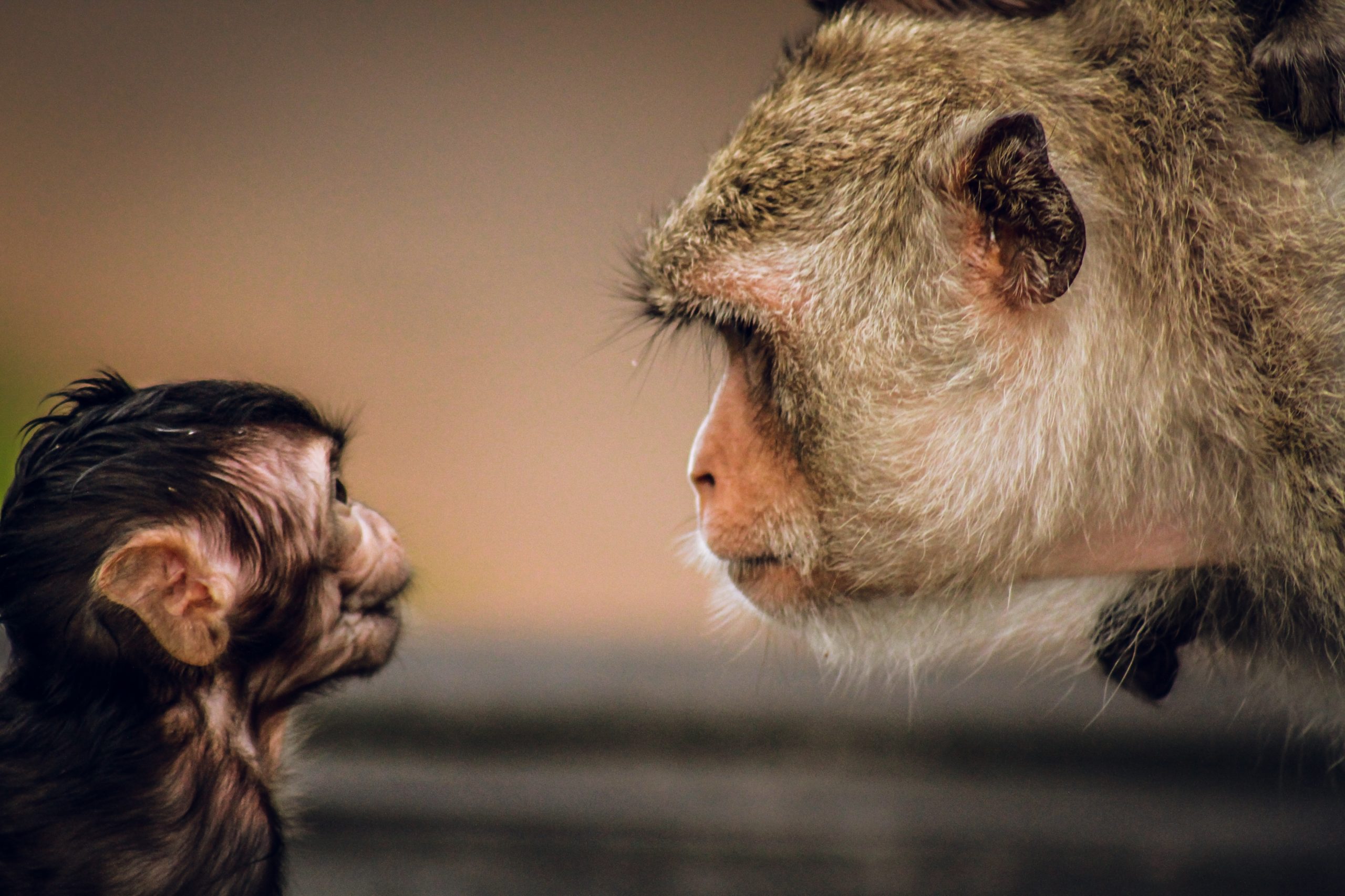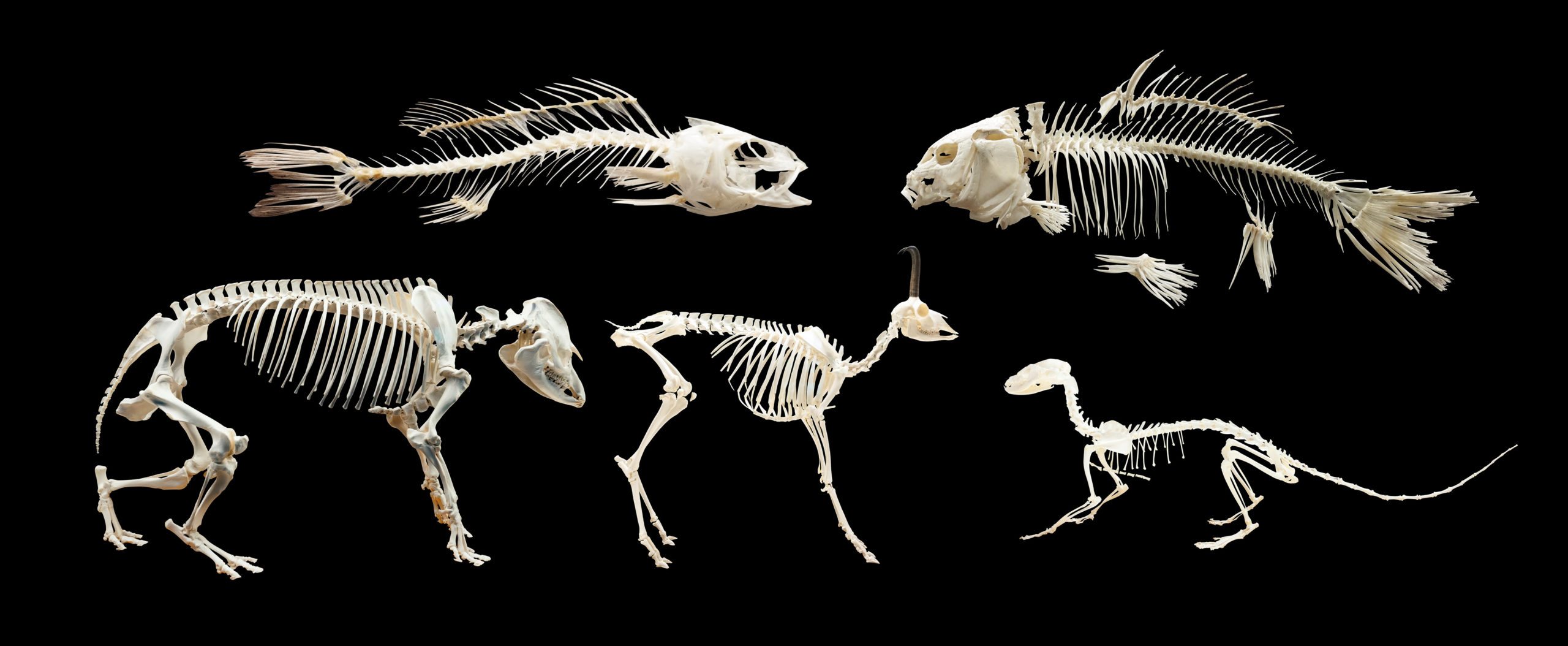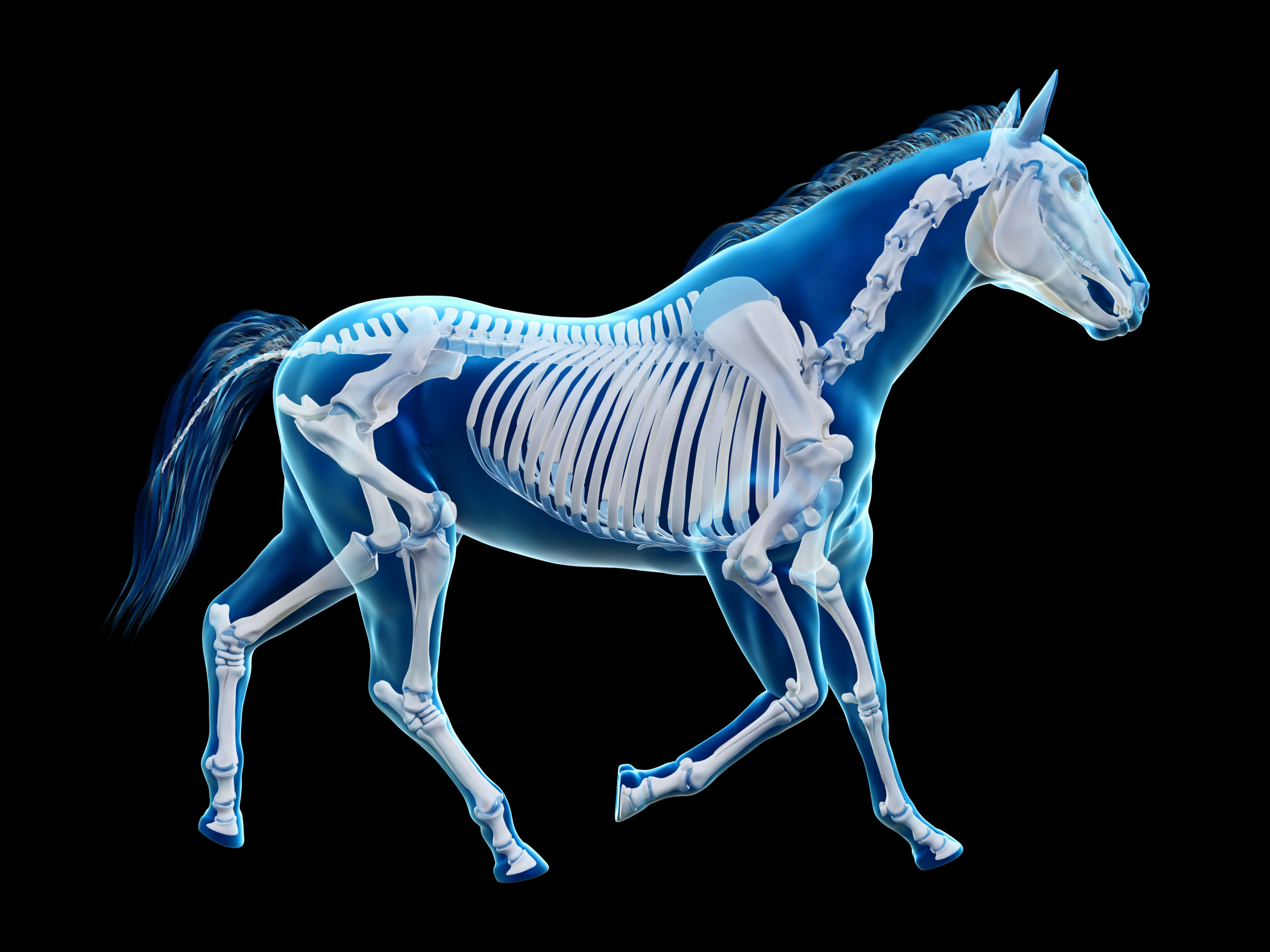Icons of Evolution
An Introduction to Jonathan Wells’ monumental book Icons of Evolution in which he argues that the evidence for evolution does not appear as clear as its proponents suggest.
For more information or to order a copy of Icons of Evolution click here. Read More ›




